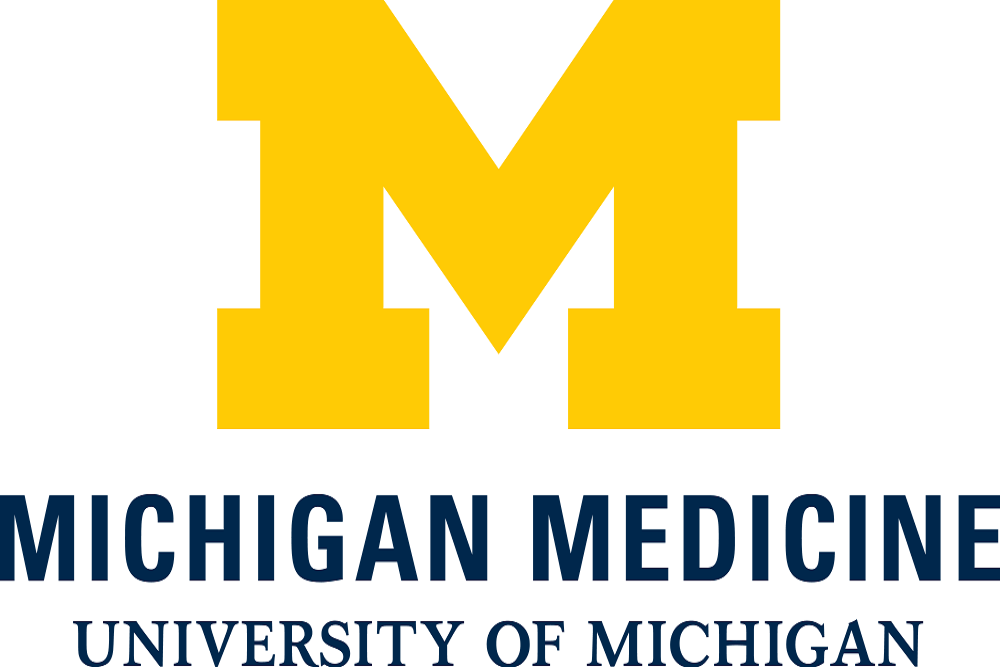
University of Michigan Medicine issued the following announcement on July 26.
Patients fighting life-threatening illnesses who have run out of conventional options will get a chance to try some of the most cutting-edge treatments available, through a national effort that just received nearly $4.8 million in funding from the federal government.
Based at the University of Michigan, in partnership with Duke University, the University of Texas Southwestern Medical Center and the University of Rochester, the effort will build a national framework to help more patients gain access to experimental drugs, devices and biologics. It is funded by the National Center for Advancing Translational Sciences, part of the National Institutes of Health.
The partner universities will build a national framework for more efficient, consistent and widespread use of the U.S. Food and Drug Administration’s Expanded Access process , to help more hospitals offer experimental options to their patients and gather data on the impact.
The collaborating centers will work with companies that wish to make their products available through Expanded Access – starting with HbO2 Therapeutics LLC, maker of a hemoglobin-based oxygen carrier solution.
“We’re excited to launch this effort to expand vulnerable patients’ access to new options for rare or late-stage conditions, while building a national database of real-world evidence that will take the FDA Expanded Access program to the next level,” says George Mashour, M.D., Ph.D., principal investigator of the grant and executive director of the Michigan Institute for Clinical & Health Research. MICHR will coordinate the new project, called TEAMSS for Transforming Expanded Access to Maximize Support and Study.
Original source can be found here.